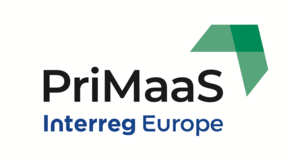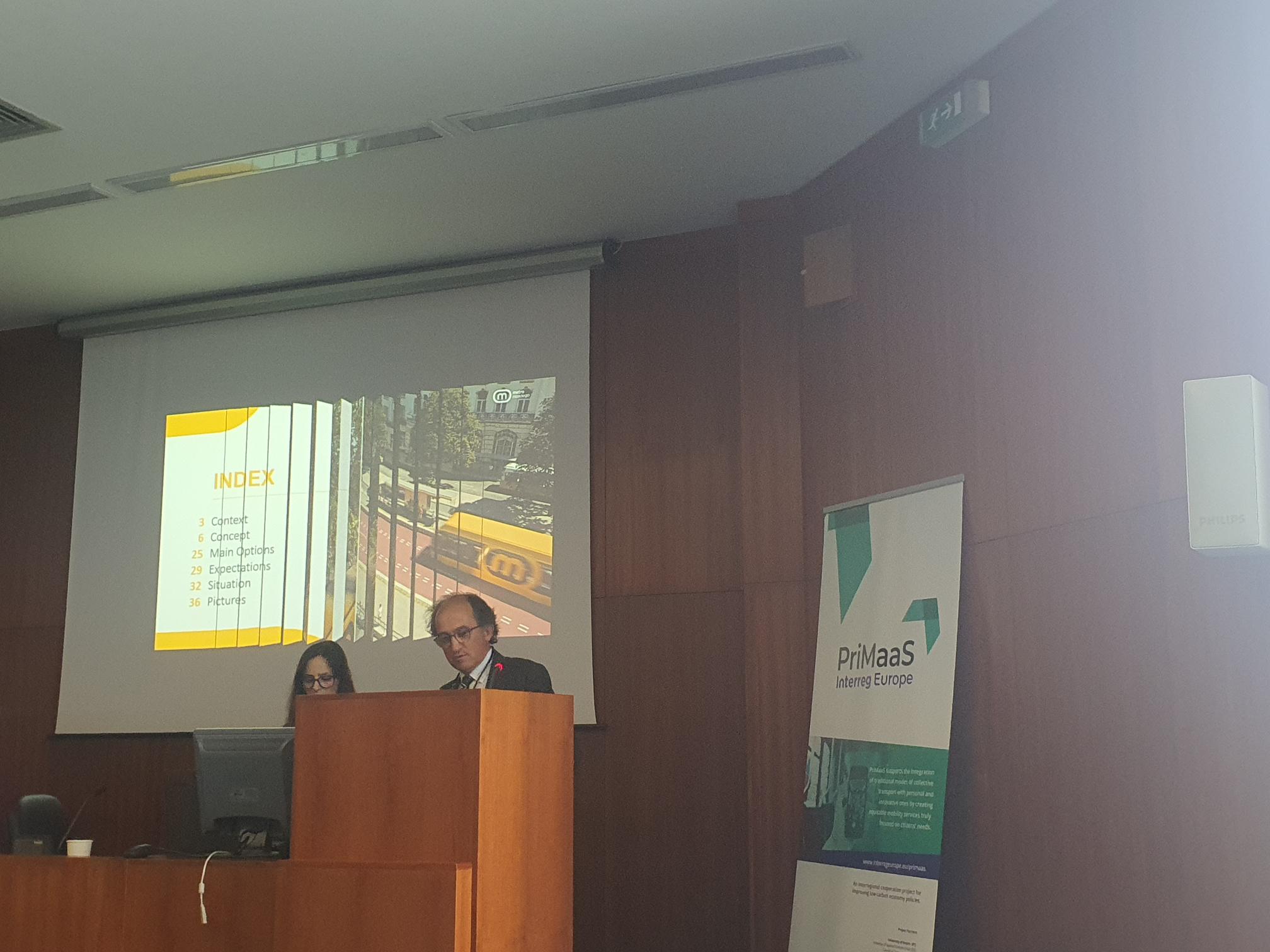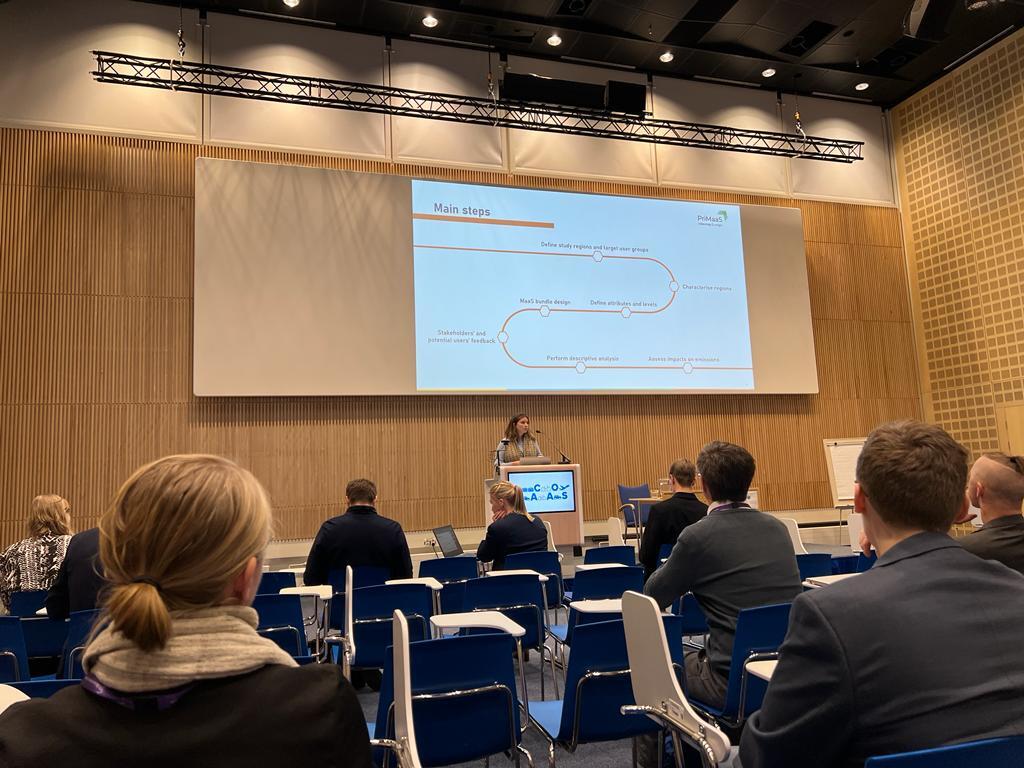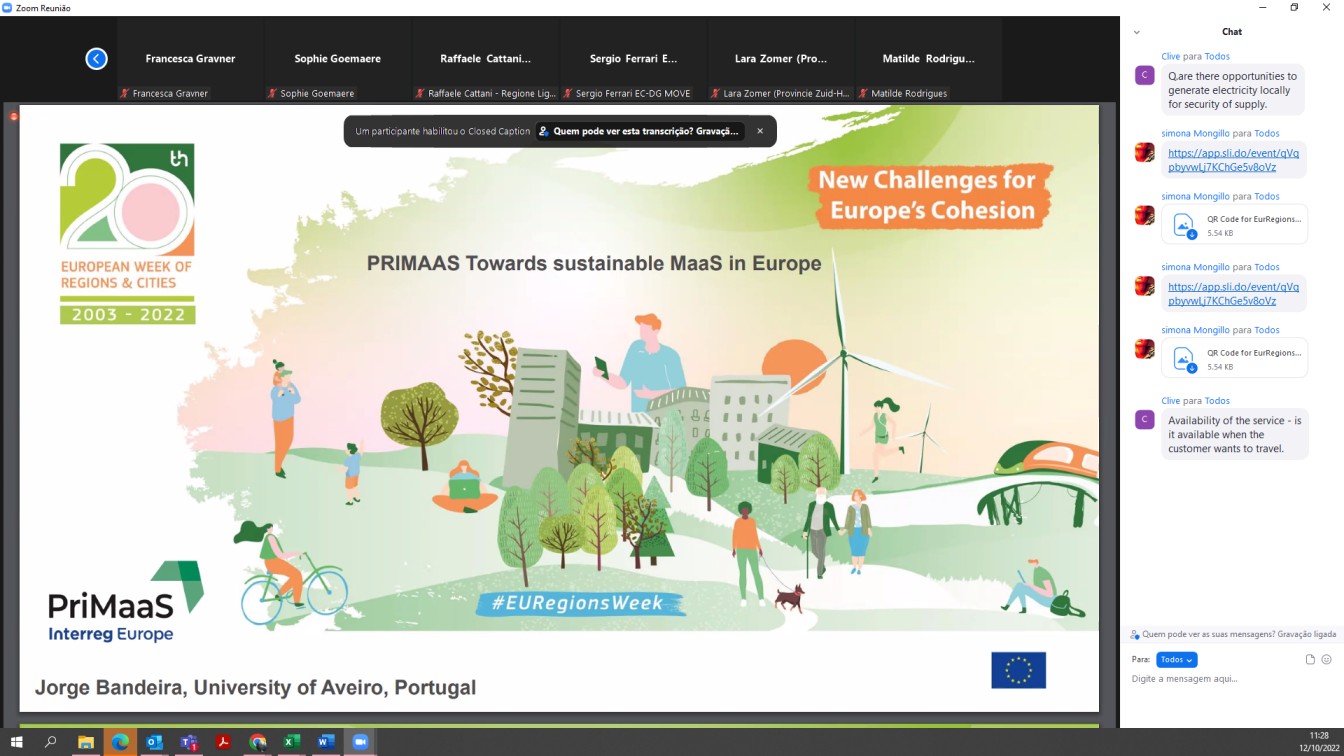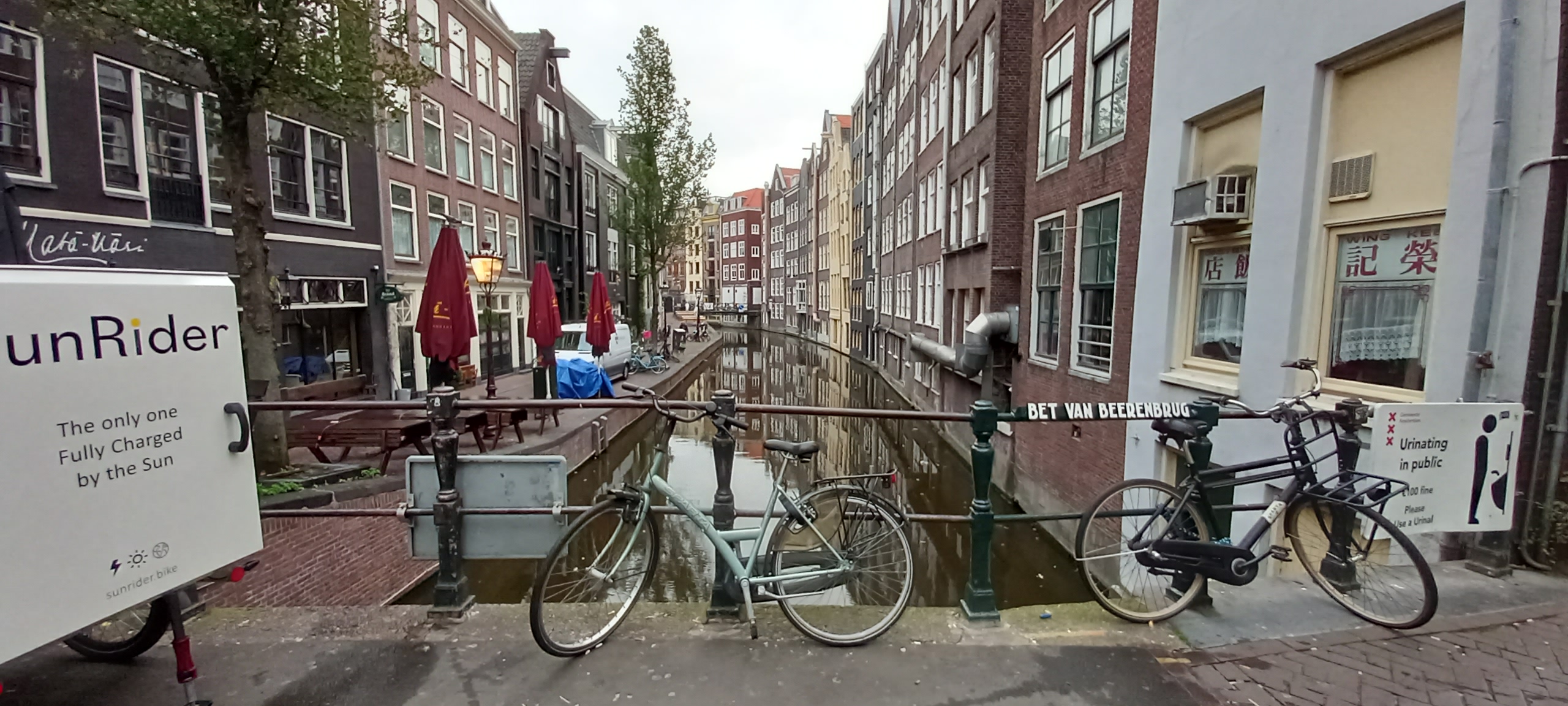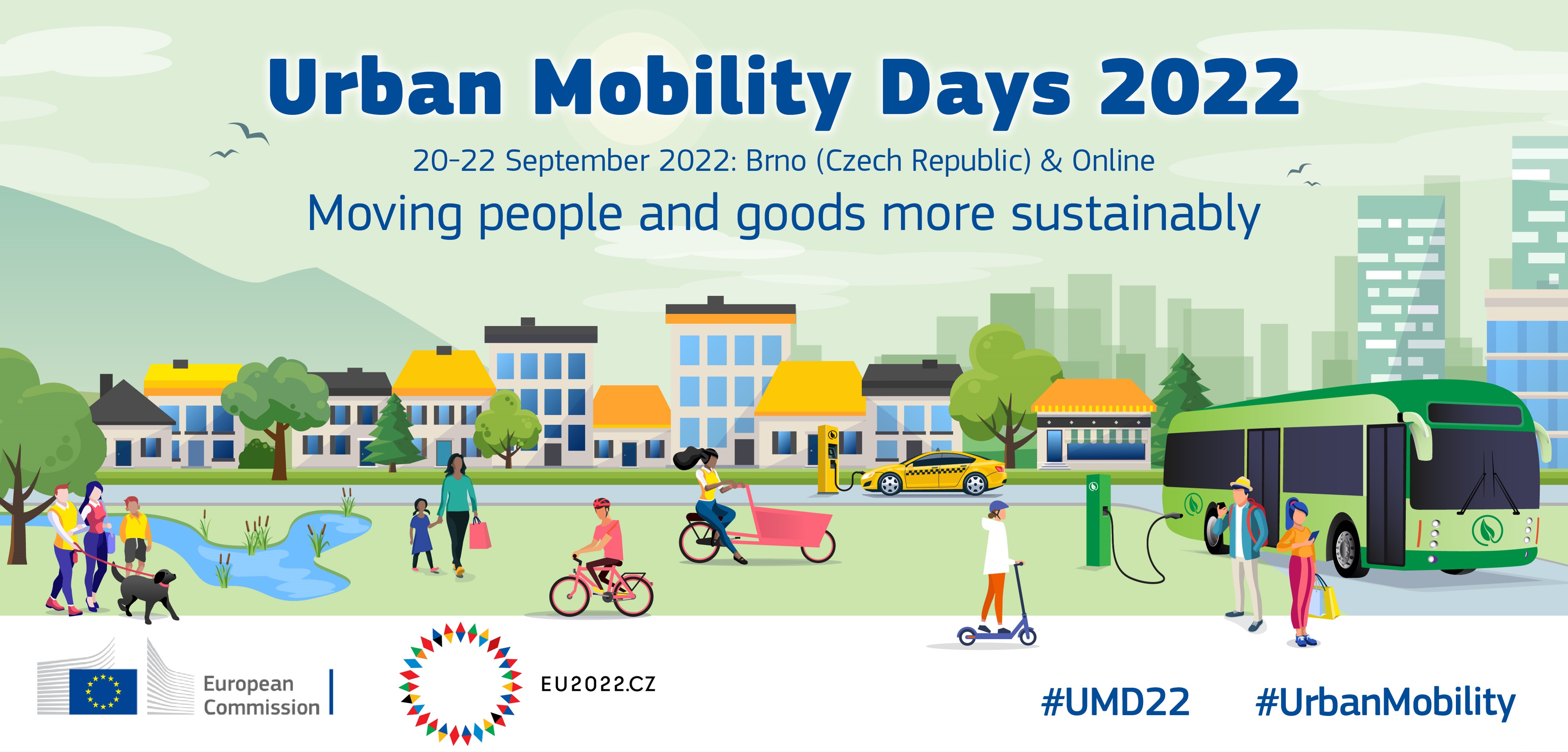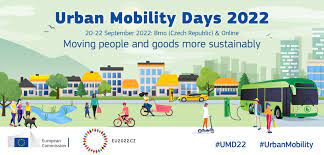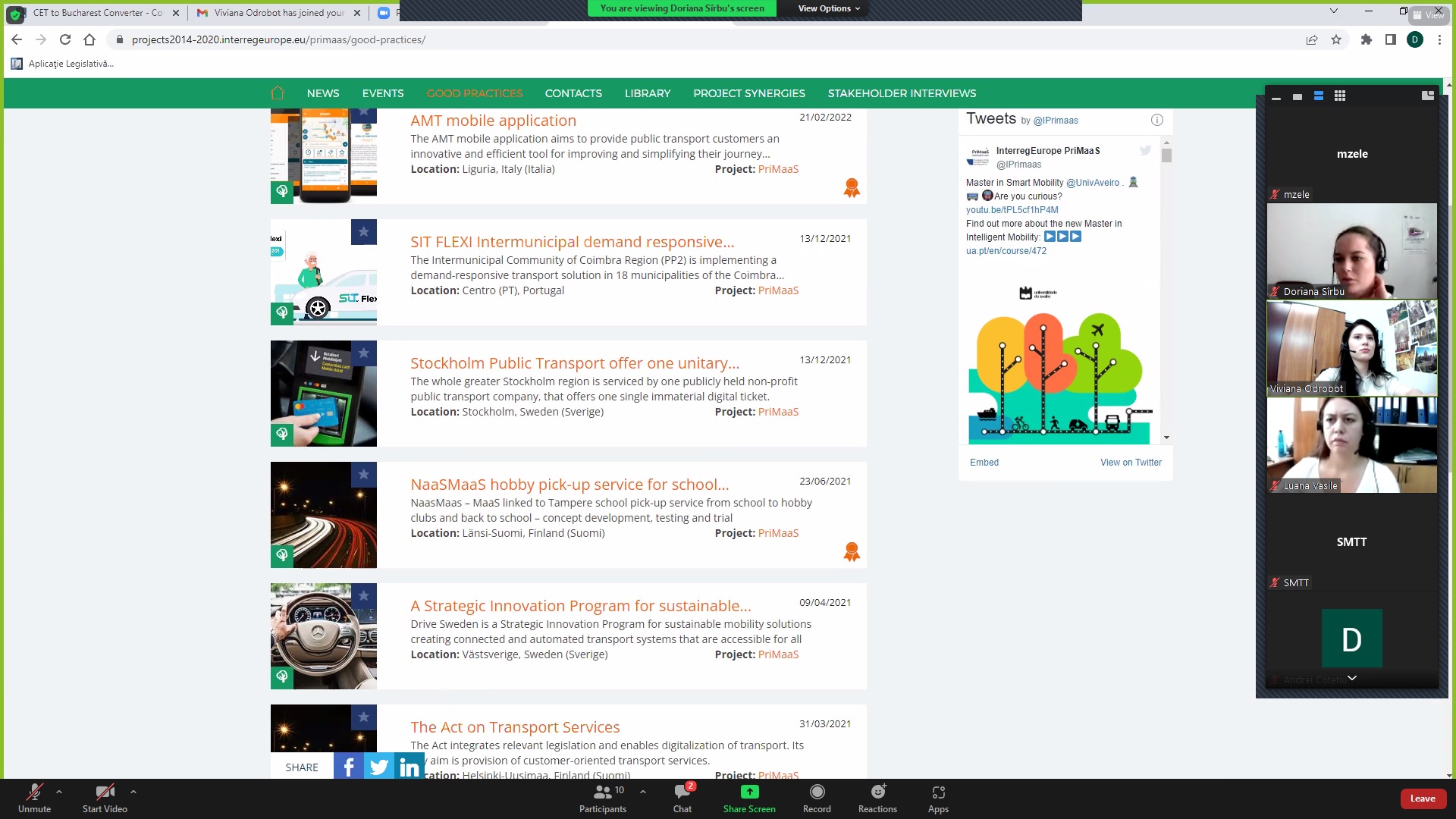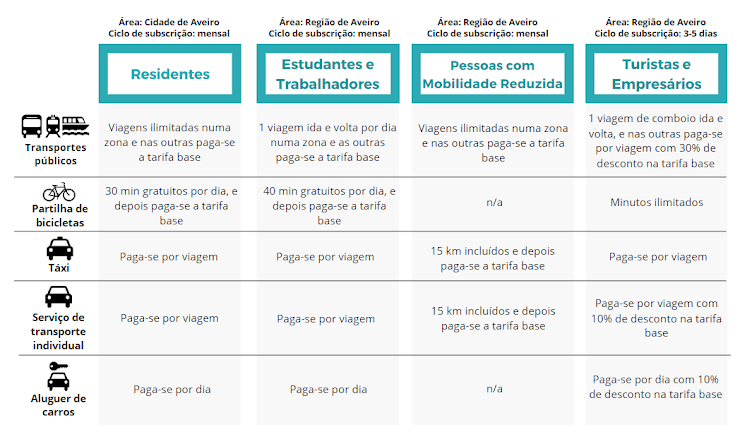How are transport regulators maintaining essential mobility services during this Covid-19 pandemic while avoiding the dissemination of such high viral spread that thrives in clusters of people? The required social distancing, however, makes high density public transport a particularly risky environment. Working with the Interreg Europe community, the Policy Learning Platform collected around 20 good practices related to COVID-19 and public transport, and devised a typology of measures that can be introduced:
1. Increasing transport capacity;
2. Limiting ridership to certain users only;
3. Shifting demand away from peak times;
4. Helping riders to make choices that alleviate crowding, by providing information on crowding;
5. Enacting safety measures such as mandatory mask wearing, frequent cleaning and on board information;
6. Restoring confidence through communication and public relations measures;
Following these examples, each regions of the PriMaaS consortium has also been promoting sustainable transport in times of covid 19. For each typology presented before, PriMaaS consortium discriminated their good practices in the following general way:
1. Increasing transport capacity by raising the number of vehicles or Arranging Separate rides for social healthcare and disability service clients (Coimbra, Erfurt, Tampere);
2. Limit of 2/ 3 of capacity in public transport or block the booking of a seat adjacent to already booked seat in business class (Coimbra and Tampere);
3. Promotion of working from home if possible (Coimbra, Tampere, Erfurt and Stockholm);
4. In some cases, apps provide information about the occupancy rate in vehicles (Erfurt and Tampere);
5. Mandatory use of Mask in PT and respective seat disinfection after travel (Coimbra, Erfurt and Tampere);
6. Various organisations: Videos and other media material guiding how to take care of hygiene, wear a mask etc (Tampere);
In the near future, further information will be soon available in the Baseline Assessment report in our social media.
